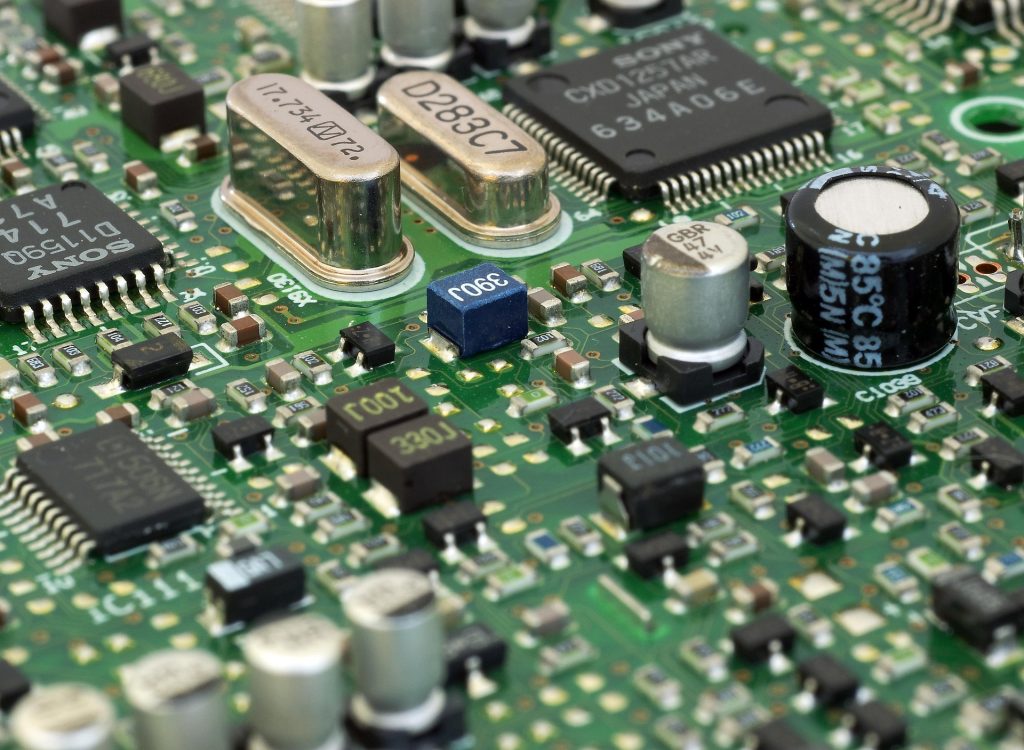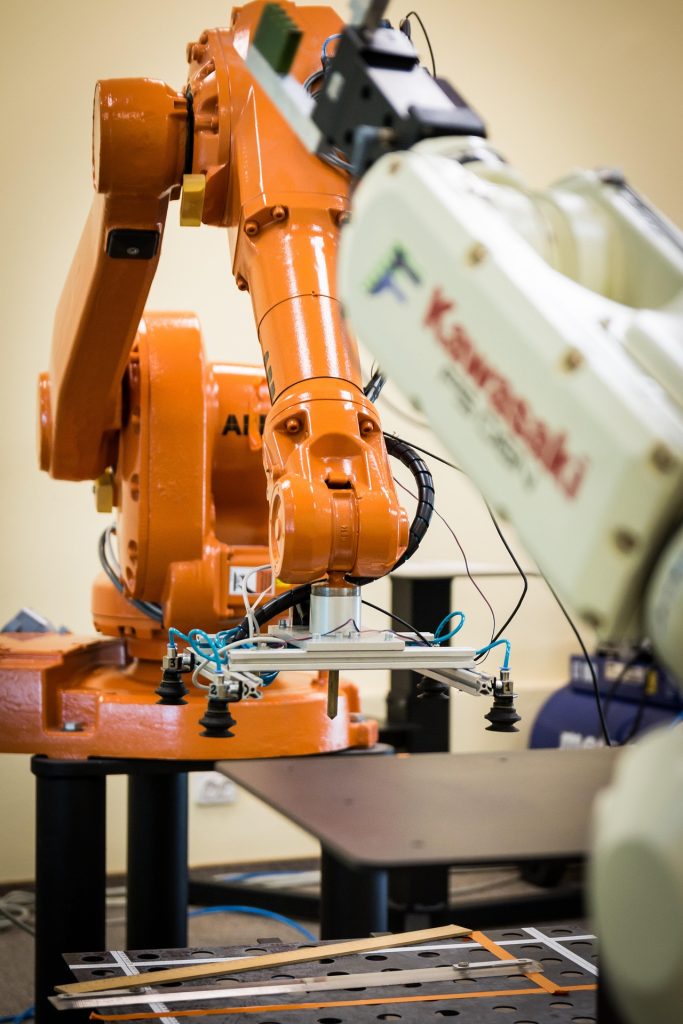Many industrial motherboards on the market include an onboard MCU, but without proper integration, the MCU cannot communicate with other system components—effectively rendering it unused. Portwell offers complete MCU integration services, covering firmware development, driver optimization, and application-level API interfacing. This ensures the MCU becomes a functional part of the control system, enabling real-time device response, low-power operation, and versatile communication.

An MCU (Microcontroller Unit) is a highly integrated single-chip computer that includes a processor (CPU), memory (RAM, ROM/Flash), input/output (I/O) interfaces, timers, analog-to-digital converters (ADC), and communication modules (UART, SPI, I2C, etc.).
MCUs are commonly used in embedded systems, allowing them to operate independently and perform specific control tasks, such as monitoring sensor data, controlling motors, managing power, and handling automation.
MCUs (Microcontroller Units) and CPUs (Microprocessors) can work together in a system by dividing tasks based on their strengths. Here’s how they typically share responsibilities:

In industrial equipment, robotics, and production line control and monitoring, MCUs provide highly reliable real-time control and robust data acquisition capabilities. Their real-time control precision allows seamless integration with various physical interfaces and status indicators, ensuring more intuitive and effective equipment operation. Additionally, MCUs excel in data acquisition, whether by retrieving information via industrial communication protocols or by directly connecting to sensors to collect environmental and operational data. These capabilities enhance system efficiency, enable predictive maintenance, and optimize automation processes.
In the gaming industry, MCUs play a critical role in gaming consoles, controllers, and arcade machines, delivering precise control, ultra-fast response times, and support for various input devices and multimedia outputs. This ensures seamless operation and superior gaming experiences. Furthermore, MCUs are widely utilized for intrusion detection in gaming machines, acting as a security measure against unauthorized access. By monitoring physical access points and detecting unauthorized tampering with internal circuitry, MCUs help prevent system breaches, safeguarding the integrity and security of gaming devices.
MCUs play a vital role in managing primary and backup power supplies, ensuring continuous and stable operation. They can continuously monitor power status and swiftly switch to a backup power source in the event of an anomaly, preventing unexpected downtime. Additionally, MCUs provide real-time monitoring of key electrical parameters, such as voltage, current, and power fluctuations, enabling early detection of power irregularities. This proactive approach ensures stable system operation, minimizes the risk of equipment failure, and extends the lifespan of industrial systems.
By integrating with access control systems, surveillance cameras, and other security devices, MCUs enable real-time monitoring of unauthorized intrusions, equipment malfunctions, and security breaches. Upon detecting an anomaly, the MCU can immediately trigger alarms and report incidents to upper-level security management systems, ensuring a rapid response to threats. With their ability to handle real-time security protocols and advanced monitoring tasks, MCUs play a crucial role in safeguarding industrial infrastructure, preventing unauthorized access, and ensuring operational continuity.
Unlike standard industrial computer suppliers, Portwell goes beyond hardware by offering deep integration between MCUs, motherboards, operating systems, and applications. This ensures seamless collaboration between all components for maximum efficiency. Our key strengths include:
🔹 Comprehensive Custom Design – We develop any possible MCU functions, from power management, security mechanisms, device monitoring, and remote management to other specialized applications, providing professional design and the best solutions.
🔹 Hardware & Software Integration Expertise – Our team has extensive experience in hardware and software development, offering drivers and APIs that enable direct interaction with MCUs, unlocking advanced capabilities for your applications.
🔹 Proven Success Across Industries – Portwell has helped numerous companies develop customized MCU solutions, covering medical devices, smart transportation, automation control, gaming machine, networking equipment, and many other fields, ensuring our partners maintain a competitive edge.
🔹 Long-term Technical Support – We provide not just products but also ongoing technical support and upgrade services, ensuring your system evolves with market changes and technological advancements.
The MCU is not merely an auxiliary hardware component—it serves as a strategically significant control hub within the system architecture. Only by embedding the MCU into the overall system design—from low-level firmware and driver support to application-layer integration—can its advantages in low power consumption, real-time responsiveness, and customizable control logic be fully realized.
For devices that demand high stability, scalability, and adaptability to deployment environments, MCU integration is not just a performance enhancement—it is a key differentiator. Portwell provides a comprehensive and practical integration solution, offering both implementation depth and application flexibility. With our approach, customers benefit from a system-level design mindset from the very beginning, starting with component selection.